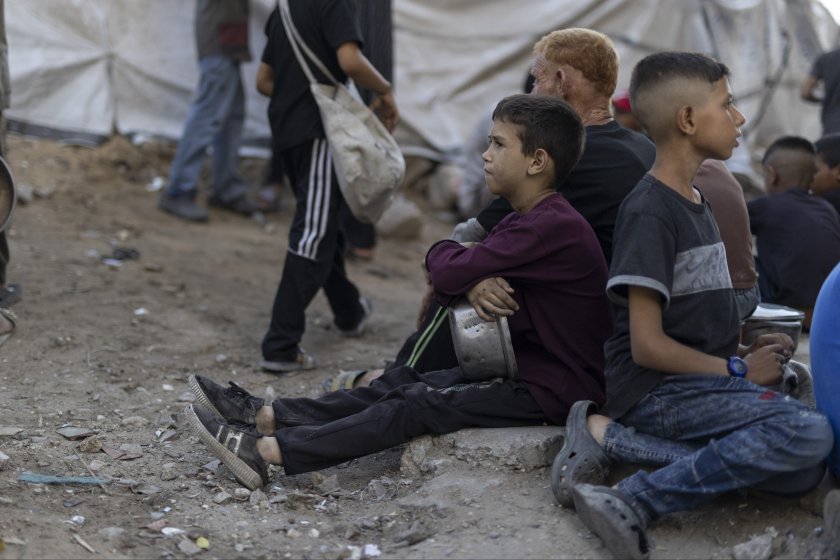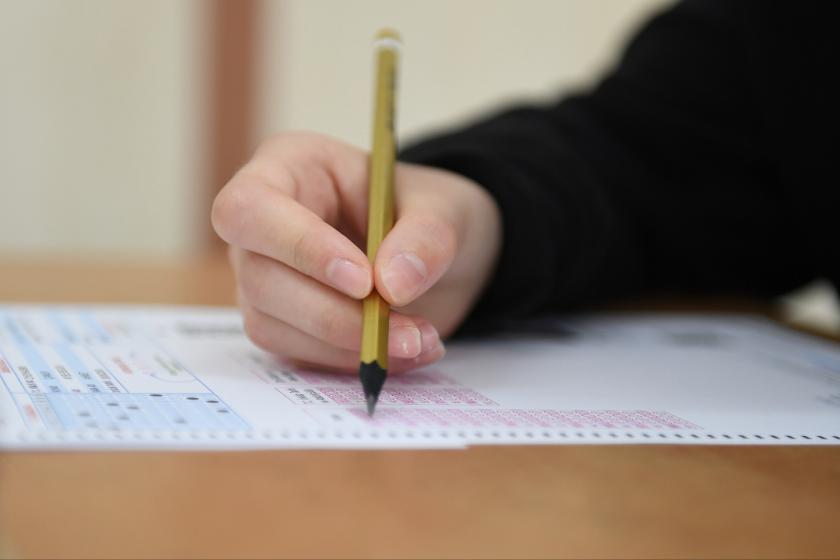Justice not done despite passage of seven years since Roboski Massacre
Seven years have passed since the massacre in which 34 people, 19 of them children, were bombed to death by warplanes on 28 December 2011 in Roboski.

Fotoğraf: MA
Veli Encü, the big brother of 15-year-old Serhat Encü who lost his life in the Roboski Massacre: While the culprits should be on trial, we have always been the ones to face prosecution.
Seven years have passed since the massacre in which 34 people, 19 of them children, were bombed to death by warplanes on 28 December 2011 in Roboski village attached to Şırnak's Uludere sub-province. Despite the passage of so much time, there has been no lessening of the mourning and pain of the 34 people’s families, whose quest for justice continues unabated.
The case file, which the military prosecution decided to take no further, was declined by the Constitutional Court to which it was taken. The case was then taken to the European Court of Human Rights (ECtHR) where it was deemed inadmissible on the grounds of non-exhaustion of domestic remedies.
'WE HAVE ALWAYS BEEN THE ONES TO FACE PROSECUTION'
One of the figures involved in the struggle to expose those responsible for the massacre, Veli Encü, spoke to Gökhan Altay and Ahmet Kanbal of Mesopotamia Agency about the ensuing legal procedures and what has happened since.
Encü, who at the same time lost his 15-year-old brother Serhat and many relatives in the massacre, pointed out that officials had spared no effort so that the case file would be covered up. Encü said, “While the culprits should be on trial, we have always been the ones to face prosecution.”
Encü, recalling that no further legal remedies at all were available and noting an application to the ECtHR over the case had been declined, Encü commented, “The declining in this way of an application made over the bloodthirsty slaughter of 34 people shows the importance the European Court of Human Rights attaches to human life. A political decision was taken. We were deeply upset at it ending this way. The families thought the ECtHR would be the only court at which the culprits of this crime against humanity would be tried. However, at the point reached, we can say that there is no hope left.”
'THE CASE WAS NOT GIVEN THE IMPORTANCE IT DESERVED'
Saying that certain legal professionals and politicians of the day had involvement in the case being declined in this way, Encü said Nuşirevan Elçi, now Şırnak Bar Association Chair, was mixed up in the ECtHR ruling. Encü continued with his criticisms as follows: “At that time, we were speaking about the case to the Peace and Democracy Party (BDP) Law Commission and politicians. We had countless meetings with the Bar Association, too. In meetings we had with the Bar Association before the Constitutional Court ruling, it was said, ‘Absolutely nothing is missing and we are waiting for the consequent decision.’ We didn’t know that our legal people would give rise to such a mistake. Politicians didn’t attach the importance to the case it deserved, either.”
'THE FAMILIES THINK THEY WERE LEFT ON THEIR OWN'
Noting that they had complained about Nuşirevan Elçi, whose is mentioned in connection with the negligence, to the Bar Association, Encü said, “Just as the state whitewashes those with negligence in certain massacres, bar association lawyers have adopted such a procedure. If a positive decision is not taken over our application, we will complain to the public prosecution about abuse of position.”
Adding that they expected self-criticism from both Şırnak Bar Association Chair Elçi and politicians following the decision, Encü continued, “No steps were taken in view of this decision that was to the satisfaction of the families. The families think they were left on their own. Elçi was capable of coming and visiting the families after the decision and telling them, ‘A decision of this nature was taken but we will not leave you on your own.’ They are hostile towards us because we expect self-criticism and apologies. Yes, the one most responsible for this event is the AKP that governs the country. However, they should know that they also bear responsibility when it comes to those responsible not being prosecuted. We have not held our tongues when it comes either to the state, legal professionals or politicians.”
'PAINSTAKING EFFORT IS CALLED FOR'
Stressing that the Roboski families have not abandoned their struggle despite all the duress and will continue to demand justice until those responsible have been exposed, Encü also called out to legal professionals who wish to stand in solidarity, “Painstaking effort is called for. We have done all we were capable of and have not compromised on our struggle. At the point reached, the bringing of the culprits to justice is achievable by legal professionals.”
WHAT HAPPENED IN ROBOSKİ?
The Uludere airstrike, also known as the Roboski massacre, or Şırnak massacre, took place on December 28, 2011, at 9:37 pm local time near the Turkish–Iraqi border. According to Turkish government sources, 34 smugglers were killed in the incident.
A group of 40 Kurdish villagers of Turkish nationality, mostly teenagers, from the Ortasu (in Kurdish: Roboskî) and Gülyazı villages in Uludere district of Şırnak Province were moving in the night of December 28, 2011 from Iraqi territory towards Turkish border. The people were on a tour for smuggling cigarettes, diesel oil and the like into Turkey, packed on mules. Two F-16 Fighting Falcons of the Turkish Air Force took off and bombed the area.
The next morning, relatives searched for the missing people, and found the bodies of the victims. 34 people belonging to the group were killed during and shortly after the airstrike. Two smugglers escaped to Iraq. Only one survivor, Servet Encü, returned to his village. 28 of the dead were from the Encü family. The bodies, some of them burnt beyond recognition or dismembered, were transported to their hometown on mules due to the rough terrain. (EVRENSEL DAILY)







Evrensel'i Takip Et